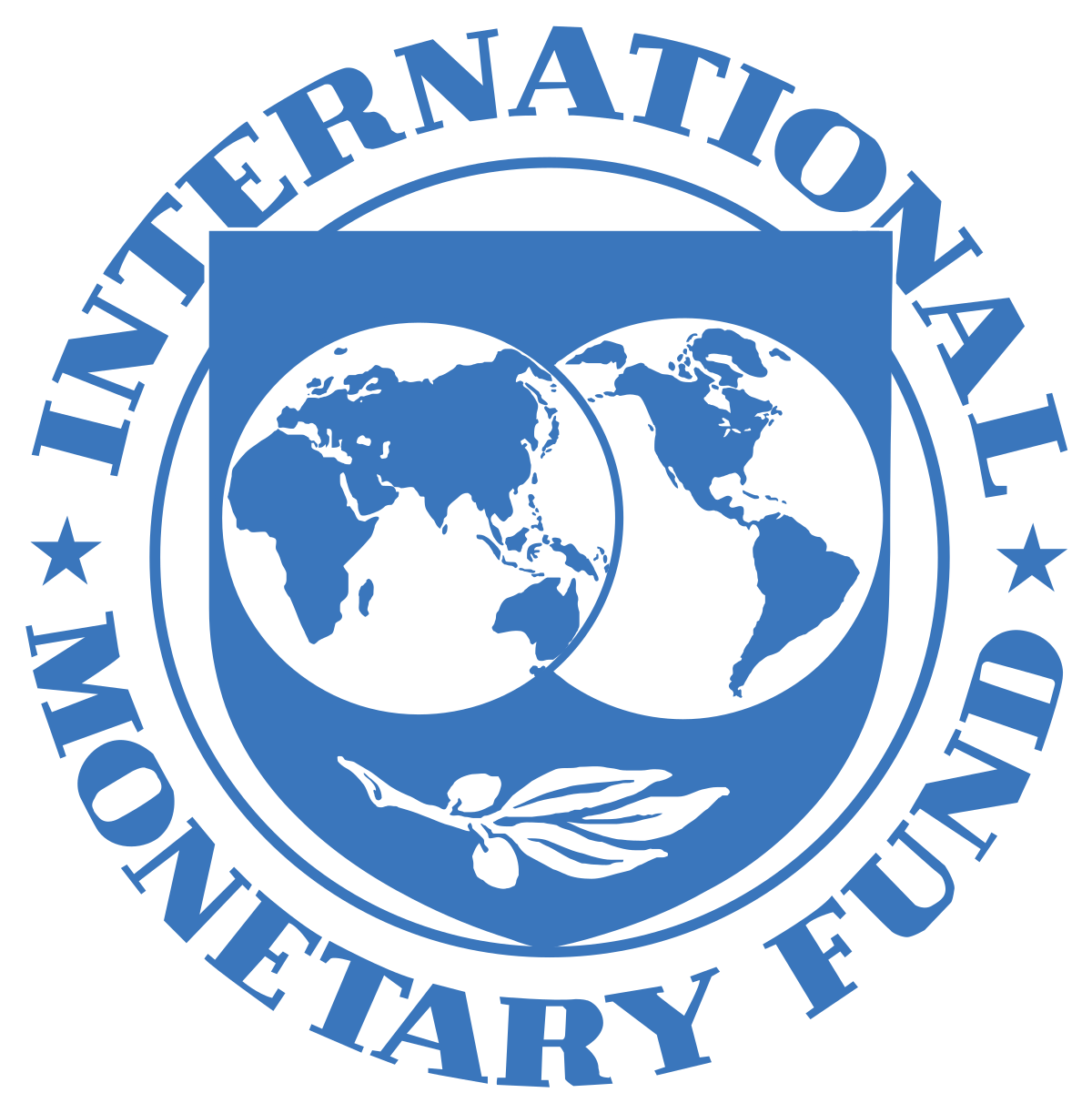
Pakistan’s economic crisis continues, even if the attention has been diverted to politics. There is no real attempt to resolve the decades-old structural economic problems that the country faces.
As columnist Khurram Hussain wrote in a recent column, Pakistan’s economy “cannot afford to grow, and at the same time, it cannot lie in the doldrums for very long either. The most tempting path forward is to do whatever it takes to arrange for another multibillion-dollar bailout from abroad. But all this will do is postpone the inevitable reckoning by a few more years, and make the eventual adjustment that much more painful. In fact, we are in this situation because we have been postponing the inevitable rather than actually working to resolve the underlying weaknesses in the economy that keep bringing us to this pass.”
According to Hussain “there are two critical underlying weaknesses that are at play here. One is the progressive erosion of productivity versus our trade partners, and the other is fiscal. Productivity loss means our economy is increasingly unable to fetch dollars in quantities sufficient to pay for its own import requirements. The fiscal dysfunction means the state is increasingly unable to fetch the revenue required to pay for its own expenditures. Over the years, successive governments have opted to finance these dysfunctions through borrowing or printing rupees, driving the country into a downward debt spiral. As a result, in the year 2019, debt service expenditures surpassed net federal revenues of the government, meaning all other expenditures had to be met by borrowing.”
Hussain argues, “there is no way to pump growth anymore. If a foreign bailout arrives against some sort of asset transfer, as is being envisaged under the so-called Special Investment Facilitation Council initiative, it will provide little more than a fleeting, short-term and very temporary boost. Once those dollars are consumed, it will leave behind an even larger debt overhang, and even heavier outflow obligations to meet.”
Hussain despairs of “rapid, quick-fix solutions. Some are arguing that rolling back the NFC award can help claw back some of the fiscal space that had been ceded to the provinces, and help stabilise federal government finances for the time being. Others are suggesting rolling back corporate tax exemptions that according to some estimates, total more than a trillion rupees. Another suggestion is to pile on the pressure on the common citizenry by extracting these taxes from energy imports (primarily fuel) for the short term, in order to lay the groundwork for later growth. None of these are convincing. Rolling back the NFC award will require decimating our Constitution, a document that is already in tatters. It will alienate the provinces and weaken the federation. It can at best fetch up to Rs1tr at the absolute upper limit (assuming provincial allocations are rolled back to where they were in 2006).”
In conclusion, Hussain states, “We have been postponing the inevitable rather than working to resolve the underlying weaknesses in the economy.”
![]()





